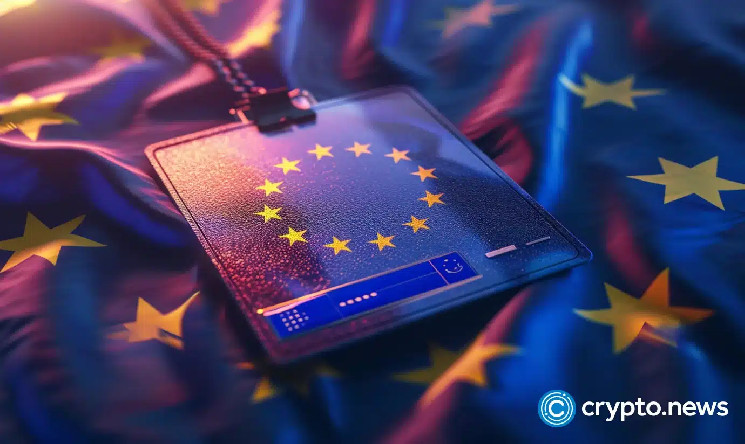Nibras Stiebar-Bang believes blockchain might assist the European Union’s digital identification initiatives.
The European Union’s transfer in direction of a unified digital identification system goals to boost regional comfort and safety. Nevertheless, Concordium CTO and CPO Nibras Stiebar-Bang cautions that such efforts should stability improved entry with stringent privateness safeguards.
In an interview with crypto.information, Stiebar-Bang acknowledged the intent behind standardized digital IDs to ease identification verification for residents accessing providers throughout EU member states.
“It is going to convey added comfort to each residents and establishments requiring ID verification,” he stated.
Nevertheless, the blockchain professional warned that such comfort can’t undermine private knowledge safety. “Privateness and knowledge safety” should stay priorities, Stiebar-Bang emphasised, noting apprehensions round elevated “digital surveillance” and centralized knowledge storage that might show alluring hacking targets.
Mitigating privateness pitfalls
In accordance with Stiebar-Bang, the success of digital ID techniques relies upon closely on particular person nation implementations and the blockchain options they select to underpin identification administration.
He highlighted the significance of decentralized platforms with strong identification layers incorporating zero-knowledge proof expertise. Such cryptography permits identification verification with out exposing private particulars, granting customers management over what data they share.
EU policymakers should additionally drive understanding of those privacy-preserving capacities by way of public outreach, Stiebar-Bang suggested. Citing residents’ prevailing surveillance considerations, he stated conveying how zk-proofs and decentralized techniques operate shall be important for public belief.
The necessity for collaboration
Whereas the EU intends blockchain to bolster the safety and privateness of digital IDs, Stiebar-Bang cautioned that efficiently delivering on this promise requires shut business collaboration.
“Leaders within the blockchain business have to be concerned in these conversations and pilot initiatives,” he stated. Past consulting implementations, he suggested fostering analysis partnerships with universities to include various experience.
Tapping steerage from established gamers just like the EU can overcome pitfalls to comprehend digital IDs’ societal promise. However an inclusive, clear strategy stays important.
“If carried out correctly,” Stiebar-Bang added, self-sovereign digital identification can grant residents unprecedented management over their private data – a “important milestone” in itself.

